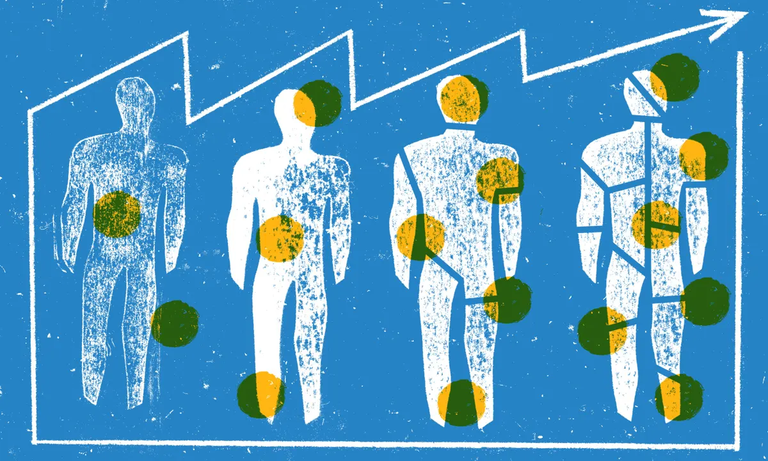
My friend and I were talking about the pros and cons of capitalism and we realized that we mean totally different things by "capitalism." So we decided to coin two new words to replace the ambiguous one.
In my friends early life, he only ever encountered people saying "yay capitalism!" in order to express "yay might-makes-right!". Call this "power-capitalism". Power-capitalism is the sort of view you see in Donald Trump: life is a zero-sum game; you should try to be a winner, which means tricking and exploiting and harming other people ("losers"); winning through violence and coercion is in principle just as good as winning honestly, as long as you can get away with it.
This kind of "capitalism" doesn't have anything to do with markets or trade or property rights; a power-capitalist will use markets and trade and laws and norms as tools insofar as that's the best way to get what they want, but they'd be even happier if they were allowed to just steal what they wanted and rule as a warlord.
In contrast, the (more academic and blue-tribe-adjacent) people I've encountered saying "yay capitalism!" mean something more like "yay consensual exchange!". Call this "consent-capitalism".
Consent-capitalism is really, really into the idea of two people mutually benefiting from a trade: you have an orange, and I have a tomato, and we each would rather have the other person's fruit, so we agree to swap and both come out happier.
Money makes this sort of trade even easier and more common, since getting a "universal coupon to trade for literally anything I ever want in the future" will REALLY OFTEN be a thing that's more valuable to me than a tomato. A universal "ride whatever theme park attraction you want" ticket is way more awesome than a ticket to go on one specific circumscribed ride.
Consent-capitalism is in some ways the opposite of power-capitalism (and for that reason it feels really alien to me to call the latter "capitalism"): the ideal status quo for consent-capitalism is "two people who understand the options and are making reasonable decisions agree to a bunch of trades", while the ideal status quo for power-capitalism is "me and my friends enslave everyone else and freely take whatever we want".
Consent-capitalism tends to assume that people are capable of consenting to things, and gives a wary side-eye to views that say ordinary individuals are helpless cogs with no notion of what's good for them, so need to be protected from themselves by an external authority. This obviously does happen sometimes, but the consent-capitalist worries that people who leap to constantly assume this is happening have some ulterior motive to claim that they know what's really best for others, and that control should therefore be taken away from individuals-who-want-to-swap-something and given to bureaucrats or politicians or etc.
Notably, neither of these forms of capitalism is necessarily anti-government. Power-capitalism will be happy with government takeover if this helps them win. And consent-capitalism endorses government involvement:
- in cases where informed consent is harder (e.g., mandating accurate labeling so you can't easily trick people about what trade they're agreeing to),
- and in cases where a trade has negative externalities (just because Alice and Bob agreed to a trade doesn't mean Carlos agreed to be harmed by the side-effects of that trade),
- and potentially in cases where people act against their own interest (e.g., a hypothetical product that hypnotizes you into buying it in the moment but that your past and future selves don't actually want).
(Also, someone could put a lot of moral weight on consent-capitalism but also on other things, and be in favor of government helping with those other things insofar as distributed trade isn't the optimal way to achieve those other things. Just because you really like X and think it's often useful doesn't mean you think it's the only good thing.)